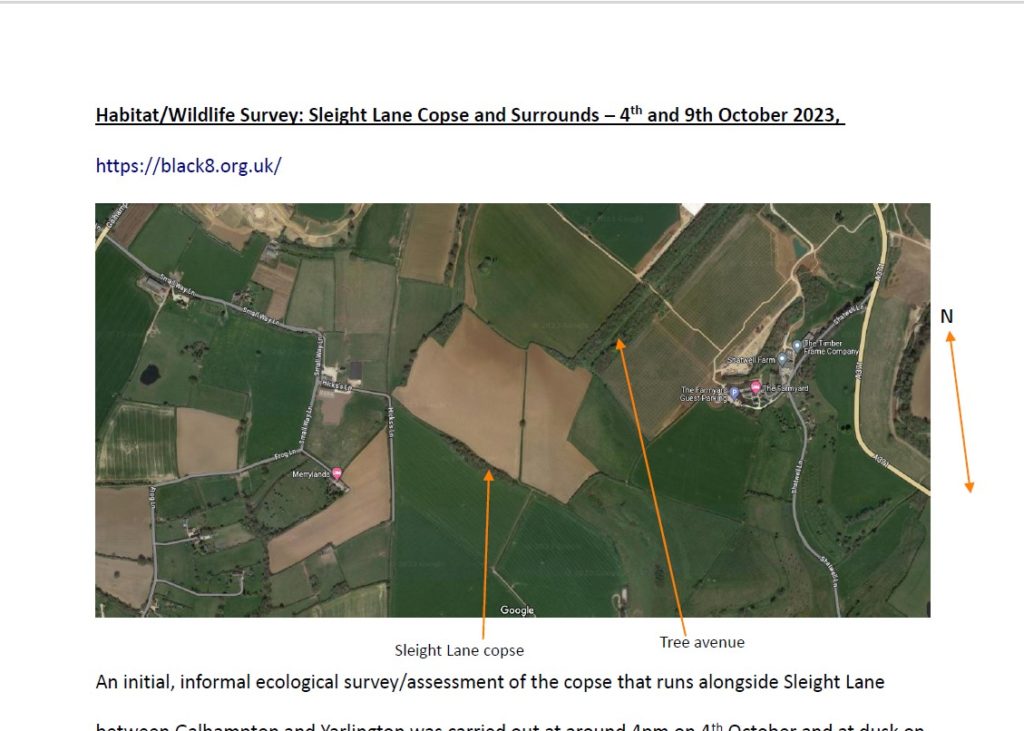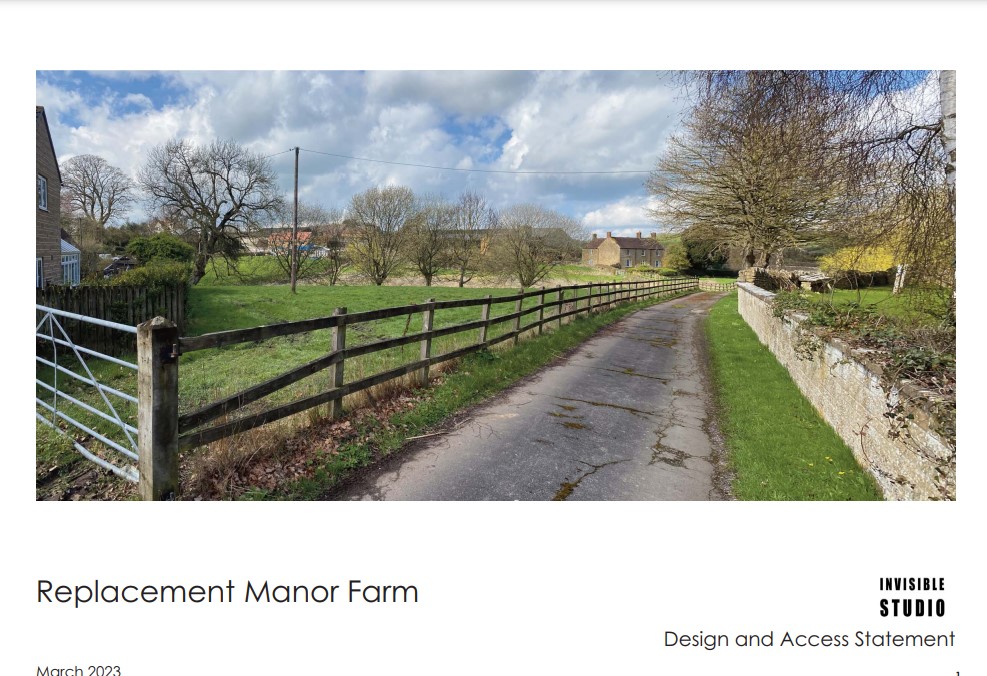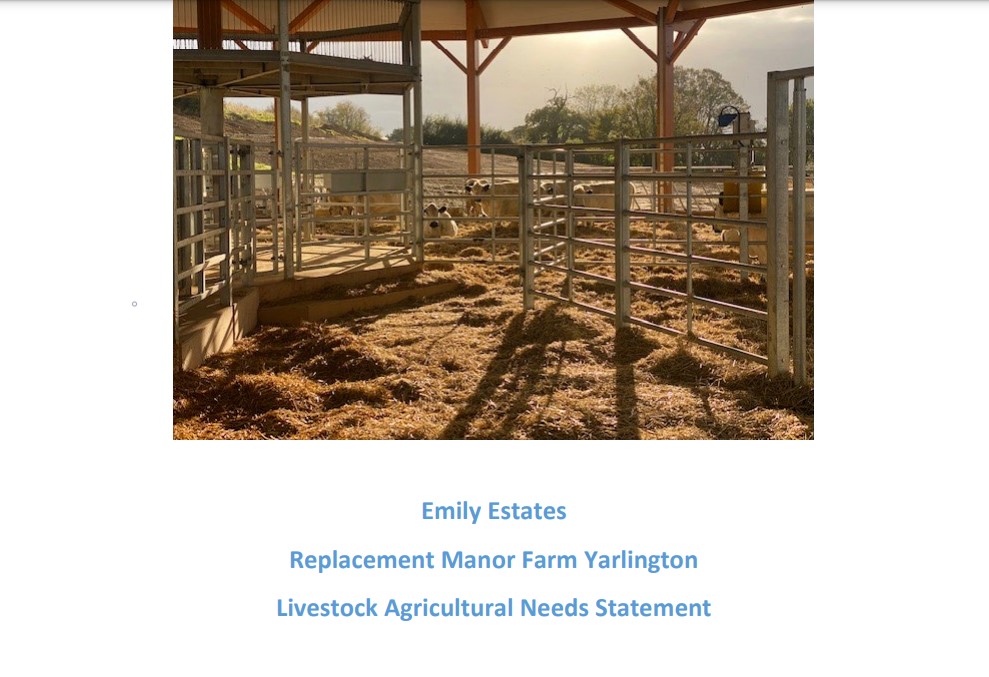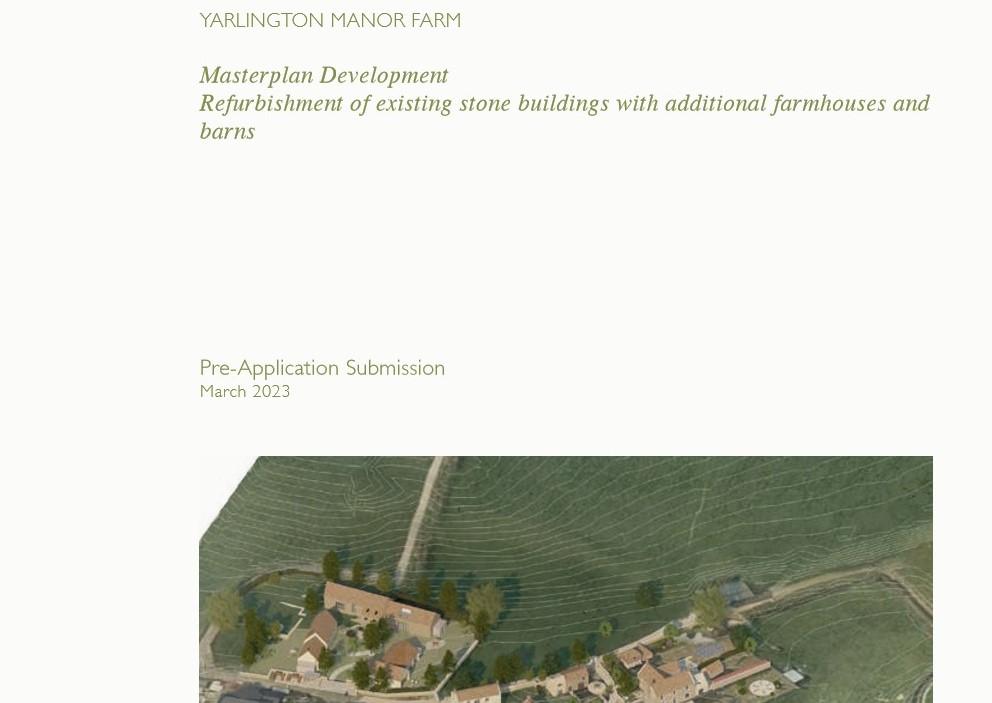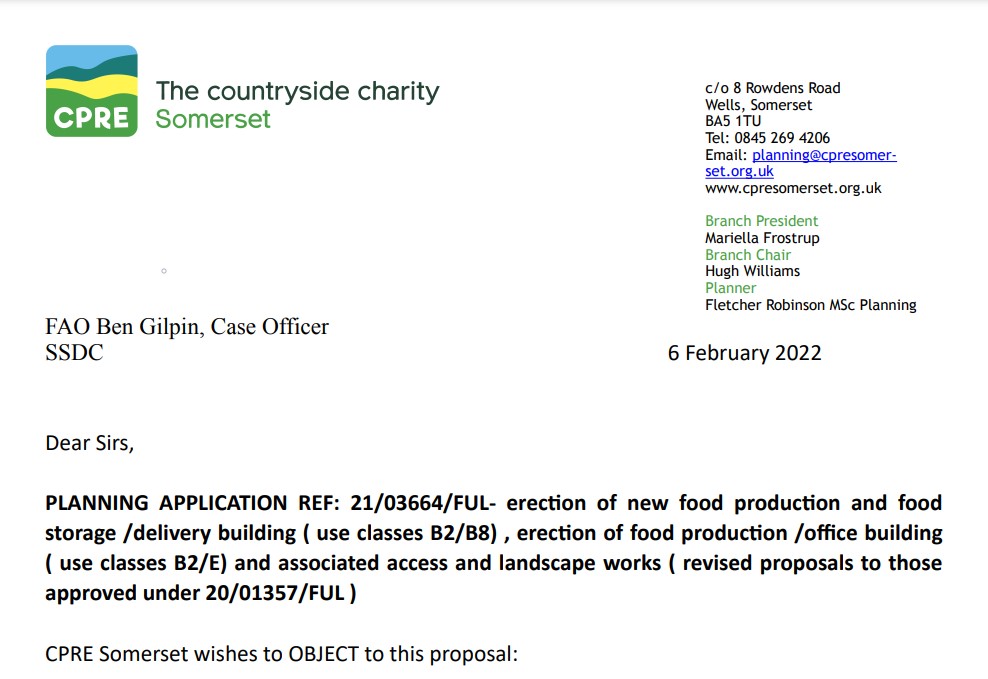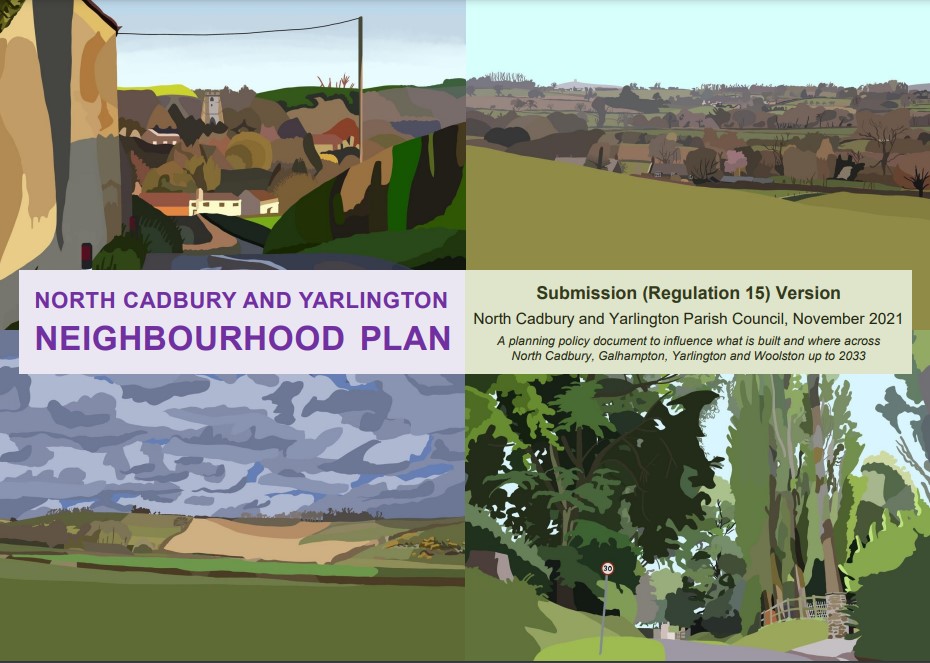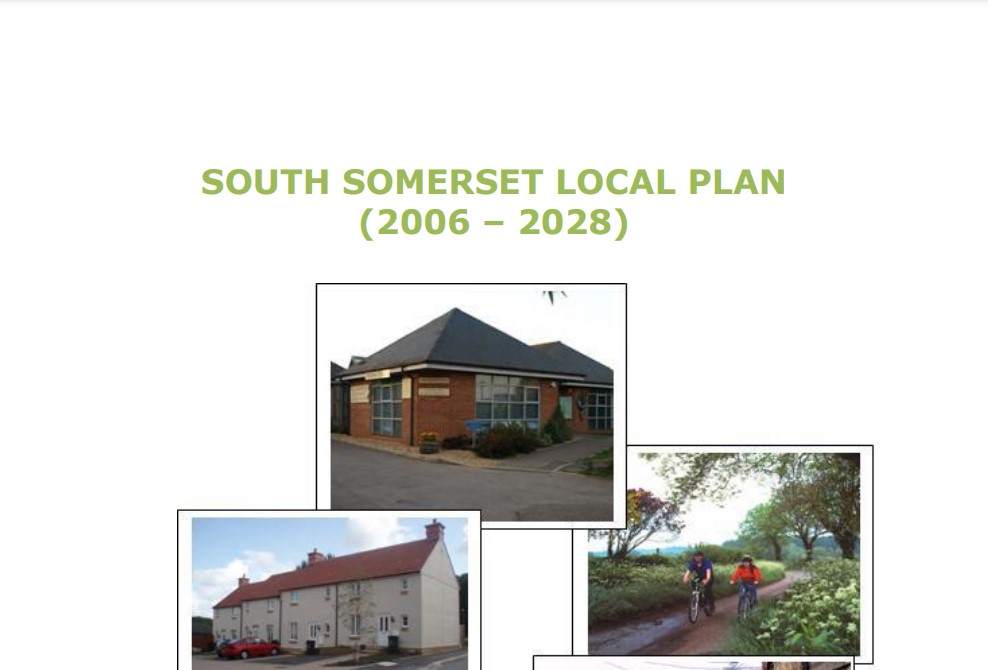Here you will find documents, pictures, etc. that are relevant to Black Eight Acres …
Below you will find links to documents that may help when you are formulating your objections:
- A document listing potential objection points to the planning application.
- A letter from Brian Goodenough who has previously managed the same buffalo herd which Emily Estate has now bought. He has identified numerous problems with Emily Estate’s Agricultural plans with regard to the Buffalo herd.
- A letter from Reading Agriculture Consultants responding to Rural Solutions’ redacted rebuttal letter. They raise more issues with the Buffalo herd and also the application of Policy EP4 Rural Economy.
- Speech notes from the CPRE for the Parish Council meeting on 15th January.
Now that Emily Estate has submited a revised planning application, the deadline for responses and comments is unreasonable so Debra Fox has written a letter on behalf of Black Eight to the Planners requesting an extension (click on it for the full version) (and thank you Debra and Adam).
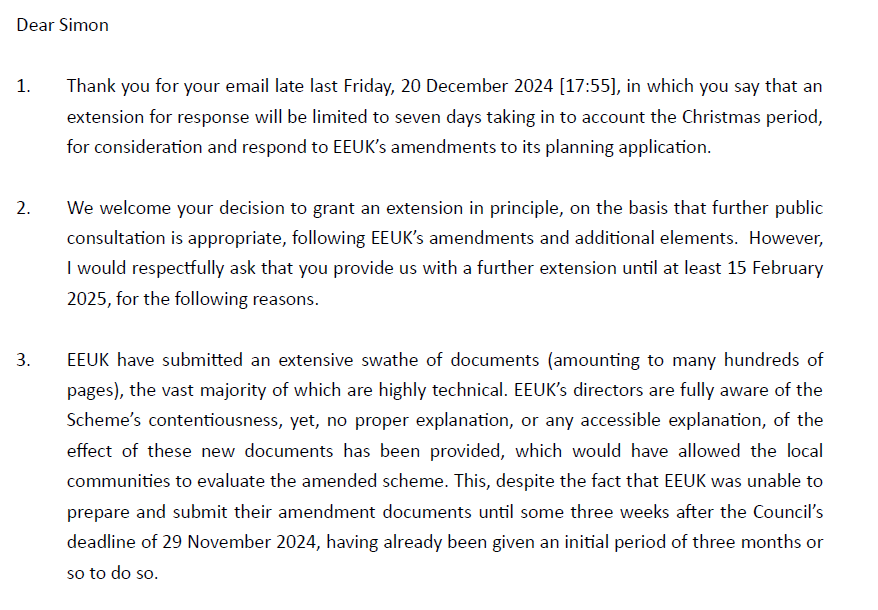
We have commissioned a review of the Emily Estate LVIA by The Landscape Partnership which highlights numerous errors and omissions in their methodology and the contents of their Assessment (click on it for the full version).
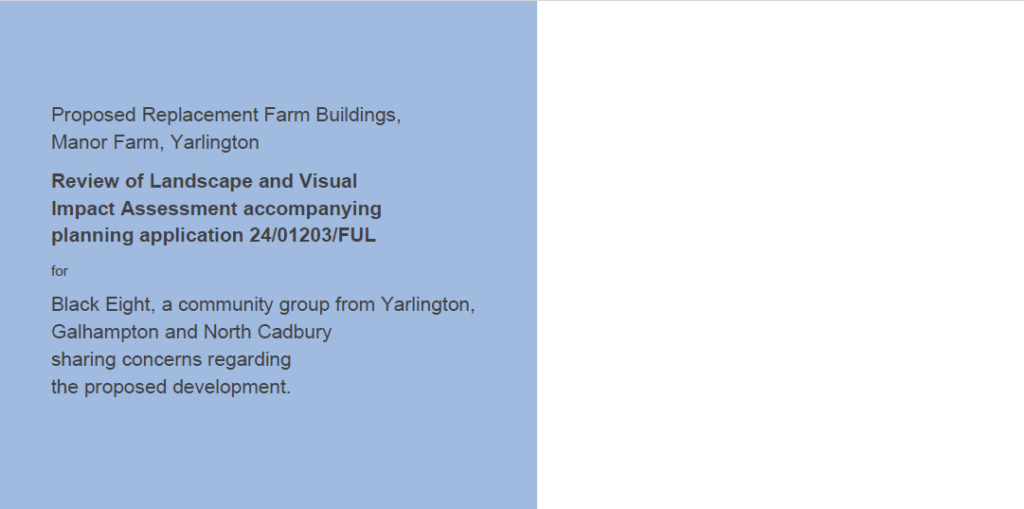
The CPRE (Council for the Preservation of Rural England) have published a letter detailing their objections to the planning (click on it for the full version).
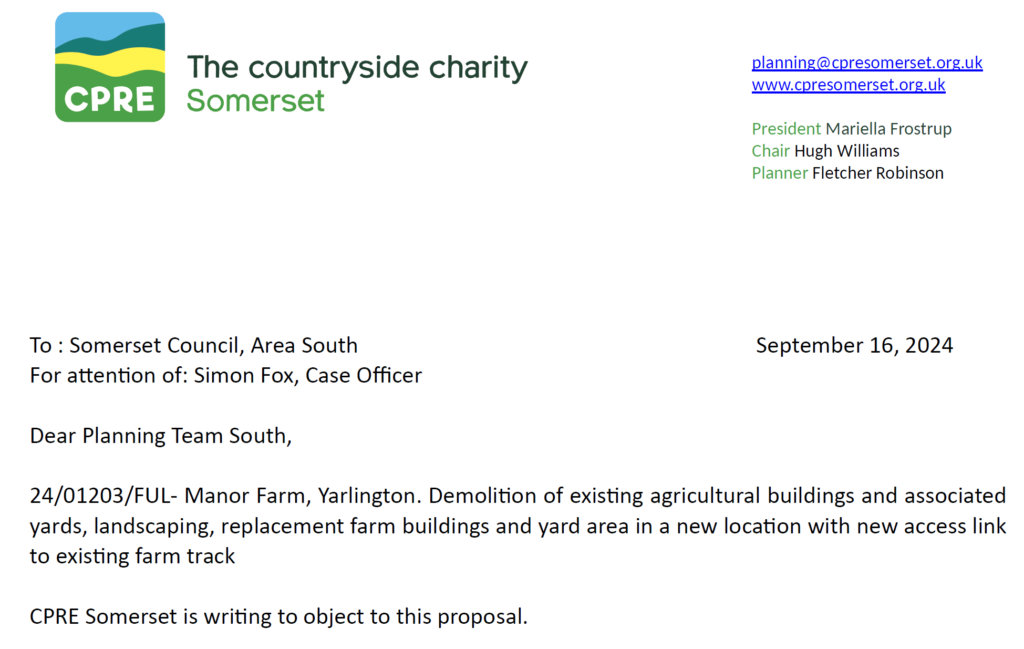
Objection Letter
Here is a formal objection letter sent to our Councillors (click on it for the full version).
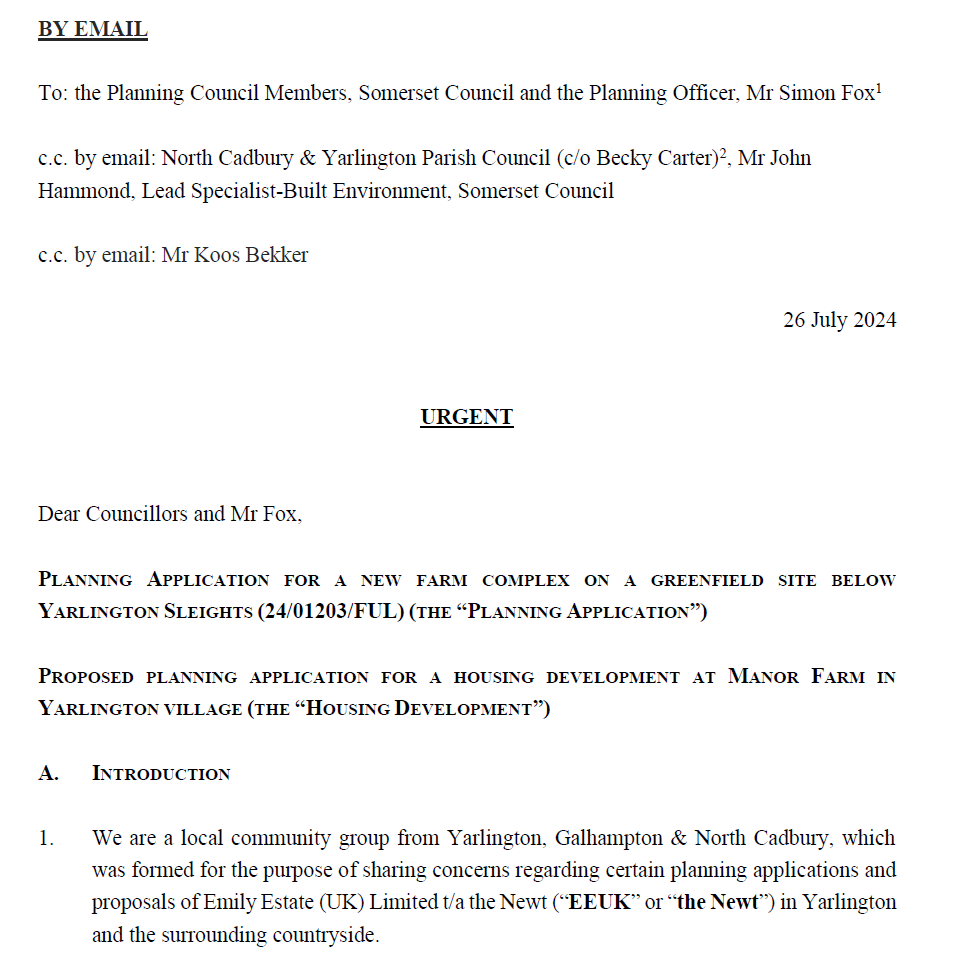
An Agricultural Needs Appraisal
With thanks to our generous donors, we have commissioned our own professional Agricultural Needs Appraisal which is draft at the moment for the Relocation of Manor Farm. This report explains in detail why the new farm is not needed and is unjustified. Please take the time to read it.
Also, please see a draft letter below from a concerned professional resident that we sent to Emily Estate and our local Councillors, reposted from our Timeline page.

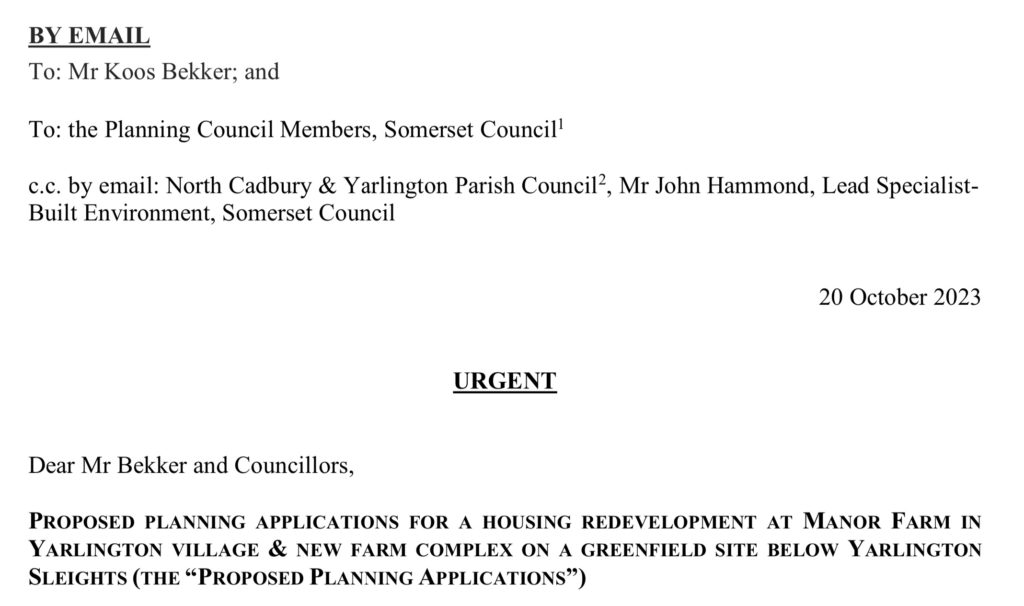
A Brief History of Hadspen House
Andrew Hardy-Stewart is a local resident and former tree surgeon turned student, completing a Masters in Environment, Development and Policy.
The article below is an account of his personal experience in the early development of the Newt in Somerset, as published in the Land Magazine. He gives a brief overview of the history of Hadspen House and relates his concerns about the detrimental effects that much of the development has had on the ancient ecology.
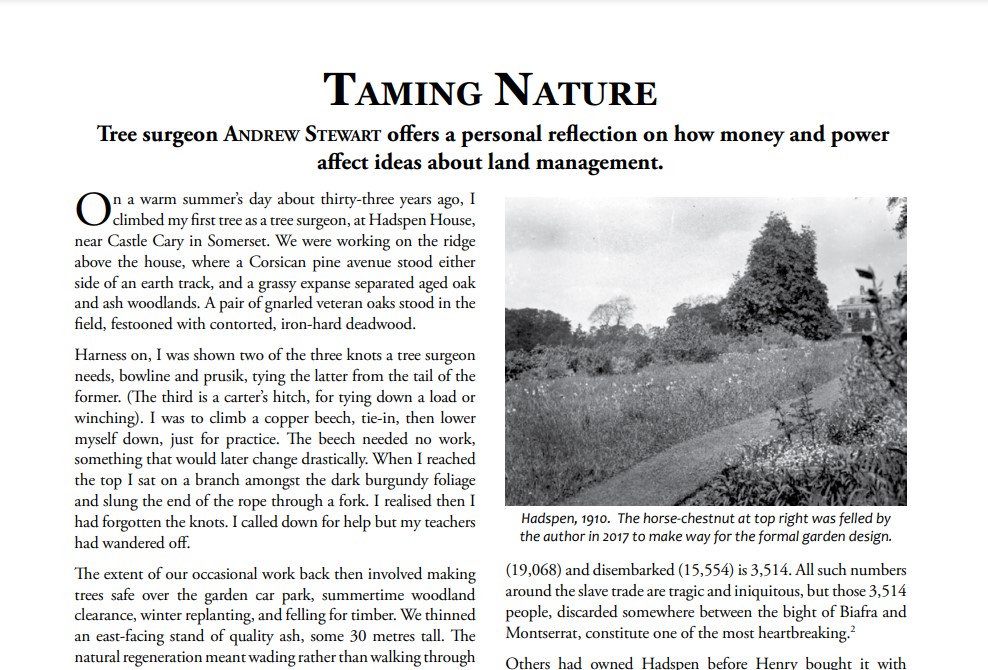
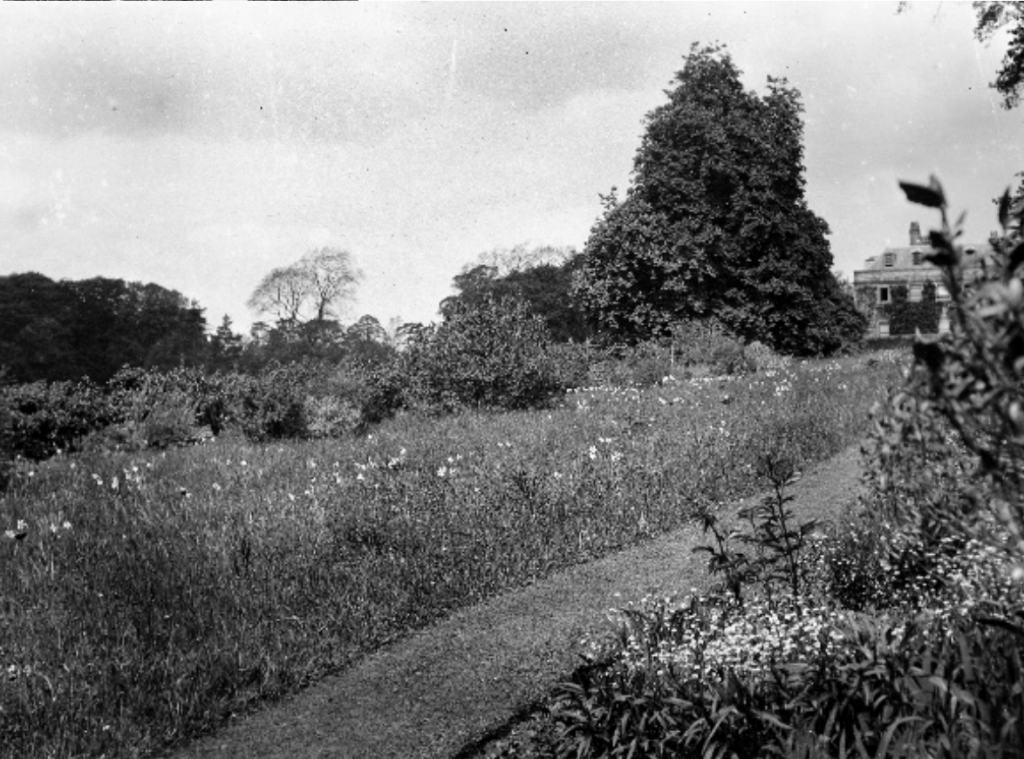
Hadspen, early 1900s. The Horse-chestnut at top right I felled in about 2017 to make way for the formal garden design.(source: thenewtinsomerset.com/journal/post/the-gardens-of-hadspen-a-potted-history)
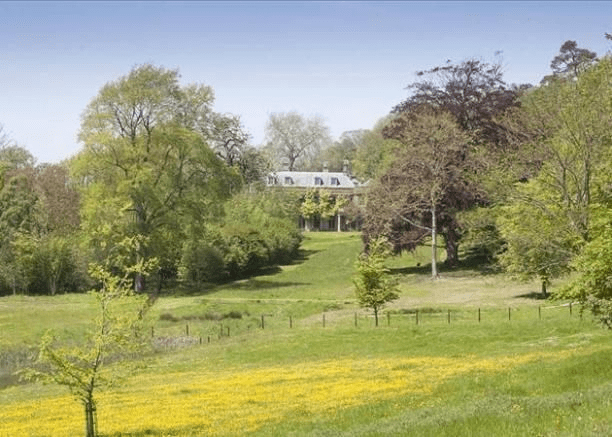
How Hadspen looked under Paul Hobhouse’s ownership and until it was sold in 2013. If compared to the final photo, it can be seen that the large trees – tulip tree, chestnut, copper beech, ash – have gone. (source: pinterest).
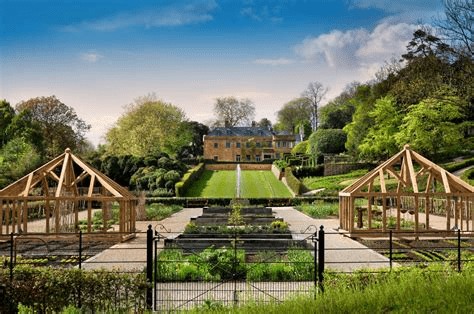
Hadspen now. This is the new veg patch which, unlike the old walled garden, is exposed to the prevailing south-westerly.
(source: www.four-magazine.com)

